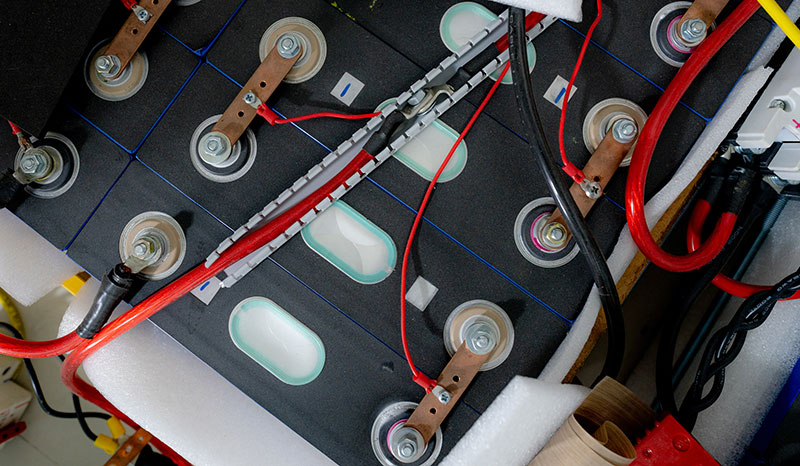Imagine driving your electric vehicle and discovering its battery has a secret superpower—lasting up to 40% longer than experts previously predicted. A groundbreaking study from Stanford University and SLAC National Accelerator Laboratory has uncovered surprising insights that could revolutionize how we understand electric vehicle battery life.
The Battery Longevity Myth Busted
For years, battery researchers have relied on laboratory tests that bear little resemblance to real-world driving conditions. Picture scientists in white coats, running batteries through precise, monotonous charge-discharge cycles—a scenario far removed from the unpredictable nature of everyday driving.
But reality, it turns out, is far more fascinating.
What Really Happens When You Drive
Contrary to previous assumptions, the stop-and-go nature of real-world driving might actually be beneficial for electric vehicle batteries. Those quick trips to the grocery store, intermittent braking, and periods of rest could be extending your battery’s life in ways no one anticipated.
The Surprising Science Behind Battery Longevity
Lead researcher Simona Onori and her team conducted an extensive two-year study testing 92 commercial lithium-ion batteries under various driving conditions. Their findings challenge everything we thought we knew about battery aging.
Key discoveries include:
- Dynamic Driving Helps, Not Hurts Frequent acceleration and braking don’t damage batteries as much as previously believed. In fact, these real-world driving patterns might actually slow down battery degradation.
- Rest is More Important Than You Think Those hours your car spends parked aren’t wasted time—they could be helping preserve battery health. For everyday consumers, time-induced aging becomes as significant as cycling-induced aging.
- Hard Acceleration? No Problem Contrary to long-held beliefs, pressing the accelerator hard doesn’t necessarily speed up battery aging. Some evidence suggests it might even slow down the process.
What This Means for EV Owners
The implications are exciting: Your electric vehicle’s battery could potentially last years longer than manufacturers initially estimated. This translates to:
- Delayed battery replacement costs
- Extended vehicle lifespan
- Reduced long-term ownership expenses
“We’ve not been testing EV batteries the right way,” says Onori. “Real-world driving conditions tell a different story than laboratory tests.”
Beyond Electric Vehicles
The research’s impact extends far beyond the automotive industry. The team suggests these findings could influence how we understand aging in various materials, from solar cells to biomaterials used in medical implants.
Looking to the Future
Automotive manufacturers could leverage these insights by updating battery management software to optimize longevity under real-world conditions. For consumers, it means potentially keeping their electric vehicles on the road longer and more efficiently.
The Bigger Picture
This study represents more than just a technical breakthrough. It’s a testament to the power of interdisciplinary research—combining materials science, control systems, modeling, and machine learning to unlock new understanding.

Leave a Reply